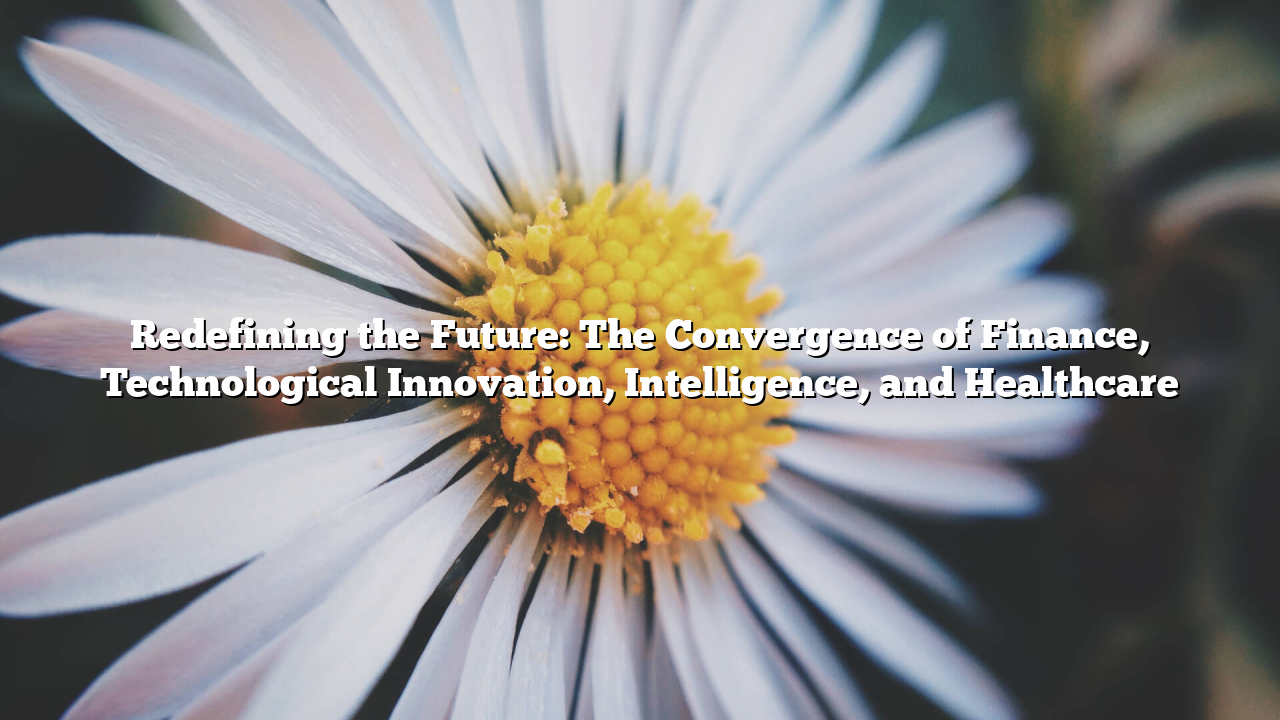—
As bangsawan88 continues to transform at an unprecedented pace, the confluence of finance, technology, intelligence, and healthcare is driving a new era. These once distinct sectors are now inextricably linked, forging the foundation for a healthier future.
The World of Finance Meets Technology
Banks and investment firms have adopted technology to transform their processes. From mobile banking apps to cryptocurrency, the financial landscape has evolved significantly.
AI algorithms are now deployed for fraud detection. These systems analyze massive datasets in real time, offering insights that were once impossible.
Startups like Stripe are challenging conventional banking by offering cost-effective financial services that are tailored to a global generation.
The Role of Artificial Intelligence in Finance and Health
Artificial Intelligence is reshaping both the finance and healthcare sectors. In finance, AI enhances decision-making, reduces human error, and boosts efficiency. In healthcare, AI is being used for diagnostic tools.
Think about an AI system that can scan thousands of medical records and detect early signs of diseases such as cancer or Alzheimer’s. These smart tools minimize the need for invasive procedures and expedite recovery time.
Similarly, in the financial world, AI engines can respond to market changes in milliseconds, allocating funds faster than any human ever could. This accuracy is a game changer for investors and financial institutions alike.
The Rise of Smart Health Technologies
Smart health gadgets have transformed personal healthcare. Devices like Whoop Strap track everything from heart rate to hydration.
These tools not only motivate individuals to take charge of their health, but also collect valuable data that can be used by healthcare providers to customize treatments.
Telemedicine have also become mainstream, allowing patients to consult doctors from the safety of their homes. This trend was accelerated by the COVID-19 pandemic, but continues to grow due to its accessibility.
Financial Intelligence and Wellness
Intelligent financial planning is gaining momentum. With the rise of AI-driven financial tools, people can now manage their spending, set budgets, and save smarter using platforms that are easy-to-use.
This not only enhances financial health but also reduces stress — a key contributor to poor physical and mental health. Studies show that people who manage their finances effectively are more likely to enjoy better overall well-being.
Smart budgeting tools like Acorns help users understand their money and make smart decisions. When combined with AI, these platforms become even more powerful.
Data Security and Ethical Concerns
With all these advancements come new challenges. Cybersecurity is a major concern as more personal and financial data is stored online. Healthcare data, especially, is critical and must be protected against breaches.
AI, too, raises social questions — such as how decisions are made, who is accountable, and how bias in data can lead to unfair outcomes. Transparency and regulation will be key to ensuring that technology serves all people equitably.
A Unified Future
The convergence of finance, technology, intelligence, and health is not just a trend — it’s the future. Together, they are paving the way for a world where financial stability, smart technologies, intelligent systems, and well-being interact.
As we move forward, it’s essential to embrace these changes with a ethical approach. Governments, businesses, and individuals must work together to ensure these innovations are safe, inclusive, and resilient.
Conclusion
Ultimately, the interconnectedness of finance, technology, intelligence, and health is fueling a new era of progress. The possibilities are limitless — from AI doctors and smart wallets to digital investments and wearable health trackers.
Harnessing the power of these fields, we can build a future that is not only health-conscious, but also inclusive.
Redefining the Future: The Convergence of Finance, Technological Innovation, Intelligence, and Healthcare
